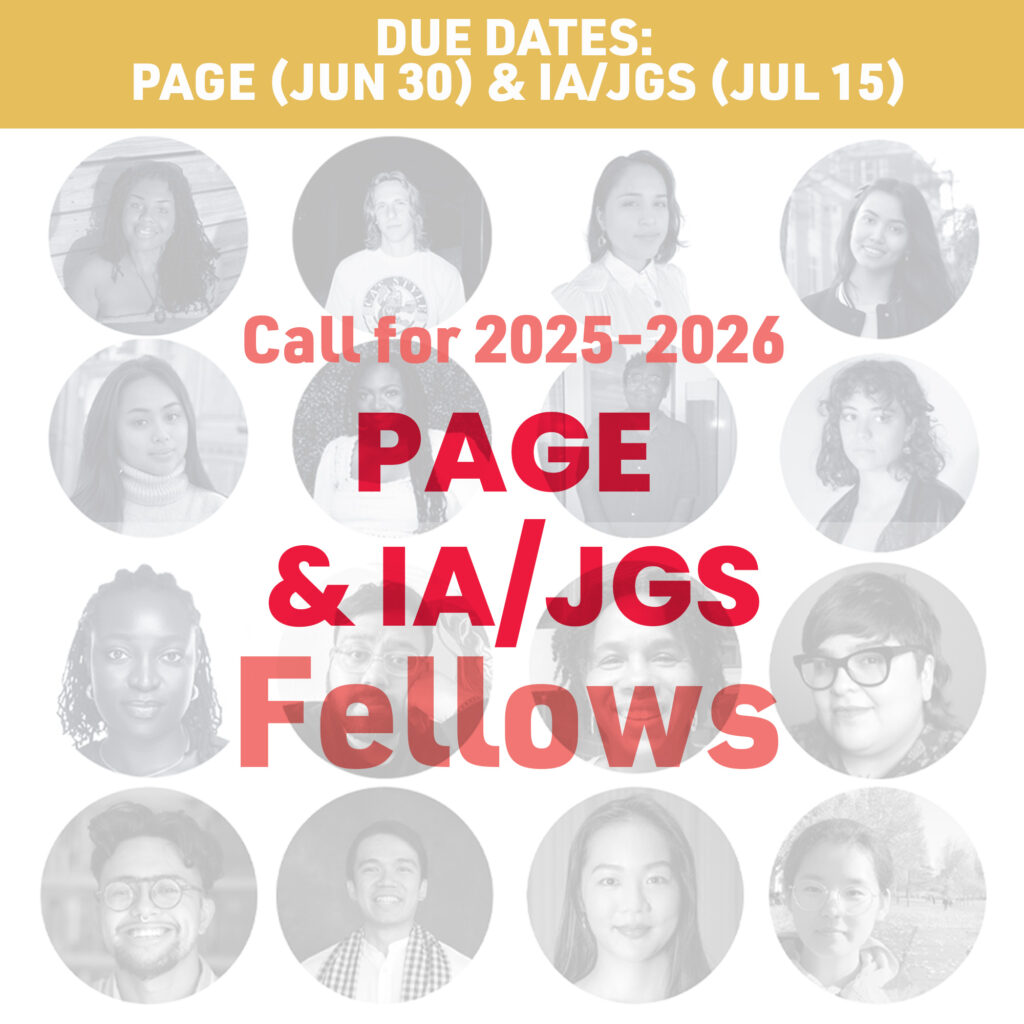Notes on the Next University
By Trisha Remetir
These days, in between episodes of zoom university, deadlines, and bouts of anxiety from all that 2020 has brought us, I’ve been sleeping and dreaming. And more than a few times I’ve been thinking about the possibilities for universities, if there are any. I work at UNC Chapel Hill, a campus that when its students began a sit-in to protest the campus’s Confederate monument Silent Sam, the University responded by sending an undercover cop to collect information on campus organizers. When white supremacist organizations came to campus to “defend” the statue, university administrators gave them permits and a police escort. And when the community toppled Silent Sam in the fall of 2018 after the culmination of decades of Black, queer and femme activist labor & organizing, campus leaders used resources intended for education to harass its community members and protect the monument. The campus’ response to the pandemic was no different.
As a graduate student and researcher employed in this institution, the work that I have to do is not only to teach, but to weaken the University as much as possible in order to make way for the next university. Unlike the University, the next university will not be a place where slaveowners’ names adorn the walls of buildings that enslaved Black workers built. The next university will not attempt to erase Black and Indigenous histories and placate movements with bureaucratic diversity committees. It will not try to break unions or labor strikes, and it will not choose real estate over its students.
Because a place like that is not where transformation occurs. While I am a firm believer in thinking through the theory and praxis of decolonization & anti-racism to our students, I know that the transformative educational moments happen outside of the classroom. Outside of the University, teachers don’t always teach at the front of the class—they can be the friends who call you in, challenge authority figures, carry stories that others choose to forget. They can be the ones who sit at the edges of faculty meetings, or be ones who don’t belong. Teachers can be the ones who “quit.” There is so much value to learning in spaces outside of the University. That value is other people, and the wealth of love and pain they bring when you open up to them.
Public scholarship can exist outside of the University as well. Public scholarship can take the form of walking tours and open access art installations, yes, but to me they can also be workshops on food and plant sharing held far away from the classroom, using the knowledge and skills passed down to us and developed by and for our own communities. Public scholarship can be a collective effort. It can be sustaining, like street medic workshops and prison book collectives—but it can also be temporary, like copied zines left on park benches, sent to prisons, or plastered all over downtowns. The COVID-19 pandemic has made me realize that we don’t need a campus to learn; it’s any place where we go to find each other and challenge each other.
And it’s taken me awhile to realize that’s that what I want. I want to walk in a world suffused with the air of liberation, good literature, and living histories, and what’s left of the University is not that. The University’s grip on us is weakening, and our time to practice living a new university, a university of no-place, is long overdue. In the next university, policing and prisons do not prop up the learning experience (via honor courts, protest suppression, and campus safety “task forces”). In the next university, people step in and out of roles as teachers, and this shared commitment to each other makes us appreciate the labor of learning and teaching. In the next university, we struggle together. I find glimpses of the next university in parks, community spaces, free neighborhood produce shelves, on the streets, at demos, through mutual aid projects. I go to bed thinking about how much I’ve learned at these spaces, and dream about what can be accomplished when we put trust in our people and ourselves rather than the meek promise of the institution. I’m grateful to the people I’ve met in the old University, and look forward to seeing them shape the next. And when we meet, I’ll have so many questions for them: Could the next university be a collective? A shared history? Or could it be spontaneous gathering, daring to move forward together?


